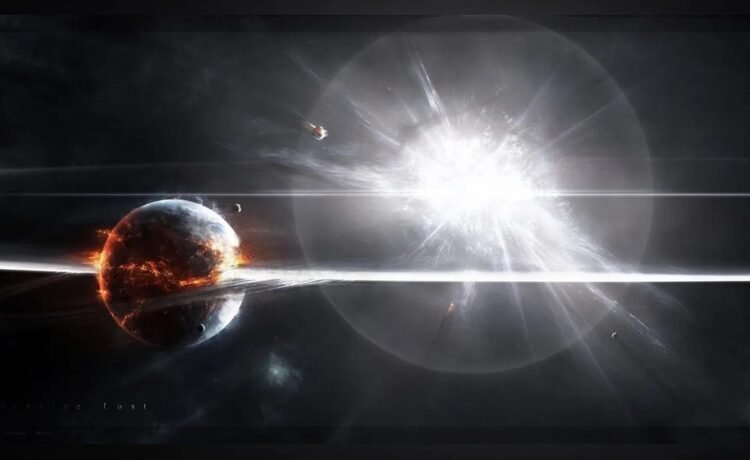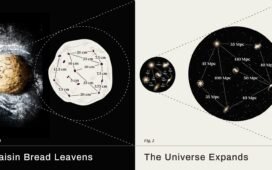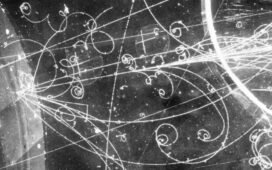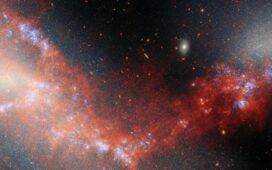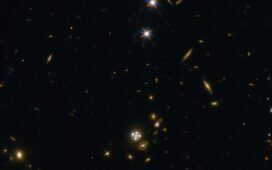Empty space itself, the quantum vacuum, could be in either a true, stable state or a false, unstable state. Our fate depends on the answer.
There are certain properties about the Universe that for better or worse we take for granted. The laws of physics, we presume, are the same at other locations in space and other moments in time as they are in the here-and-now. The fundamental constants that relate various physical properties of our Universe are assumed to truly possess the same, constant value at every time and place. The fact that the Universe appears to be consistent with these presumptions — at least, to the limits of our observations — seems to support this view, placing great constraints on how much it’s possible these various aspects of reality have evolved.
Wherever and whenever we can measure or infer the fundamental physical properties of the Universe, it appears that they do not change over time or space: they are the same for everybody. But earlier on, the Universe underwent transitions: from higher-energy states to lower-energy ones. Some of the conditions that arose spontaneously under those high-energy conditions could no longer persist at lower energies, rendering them unstable.

